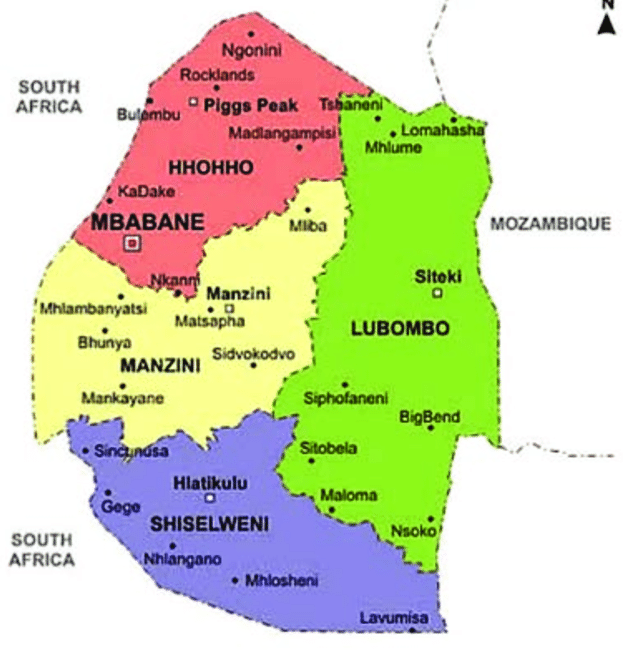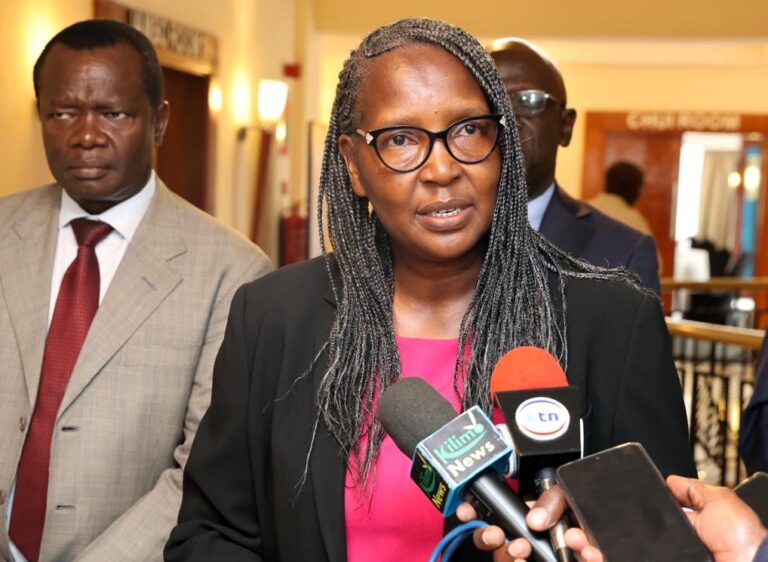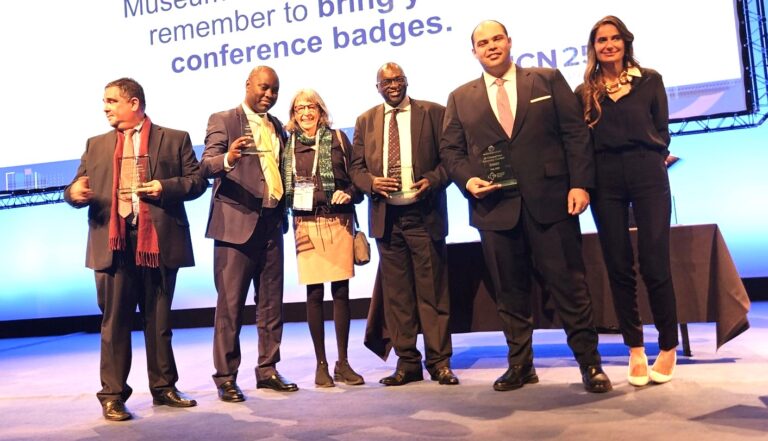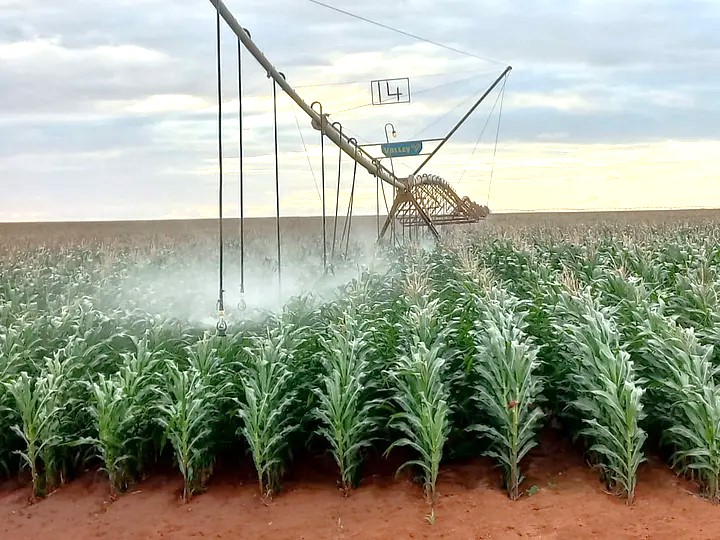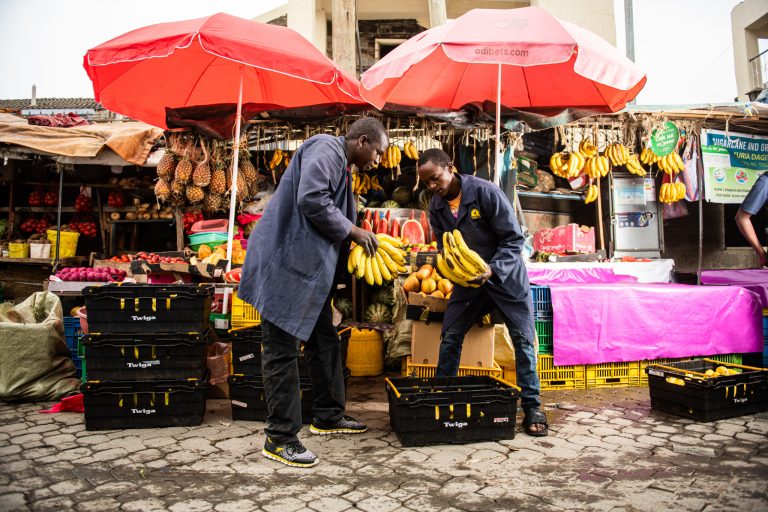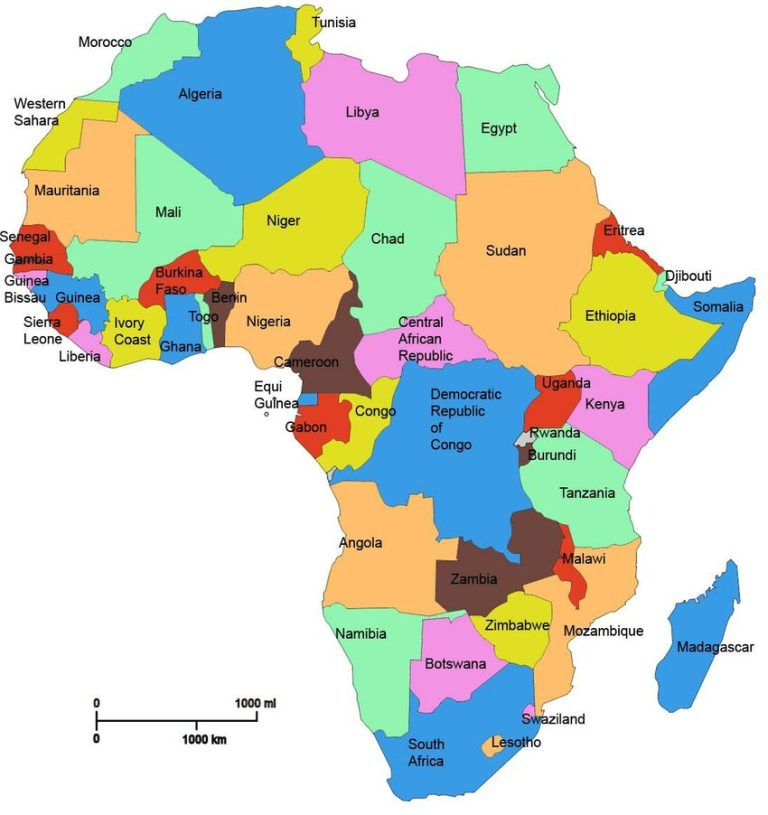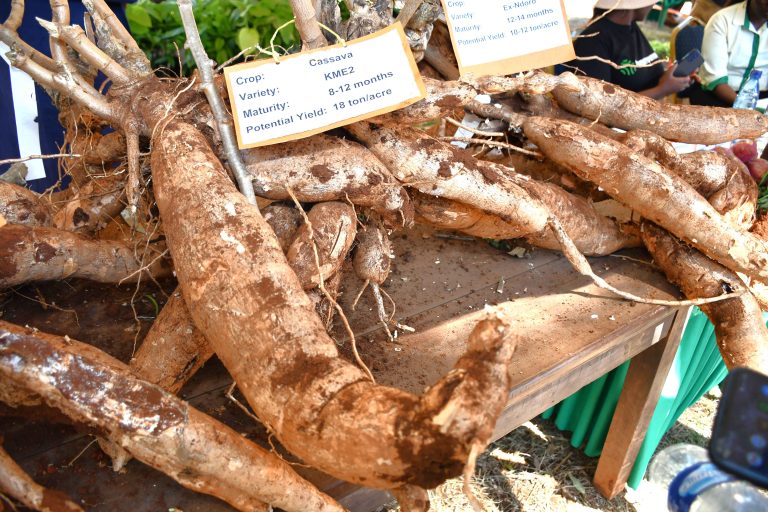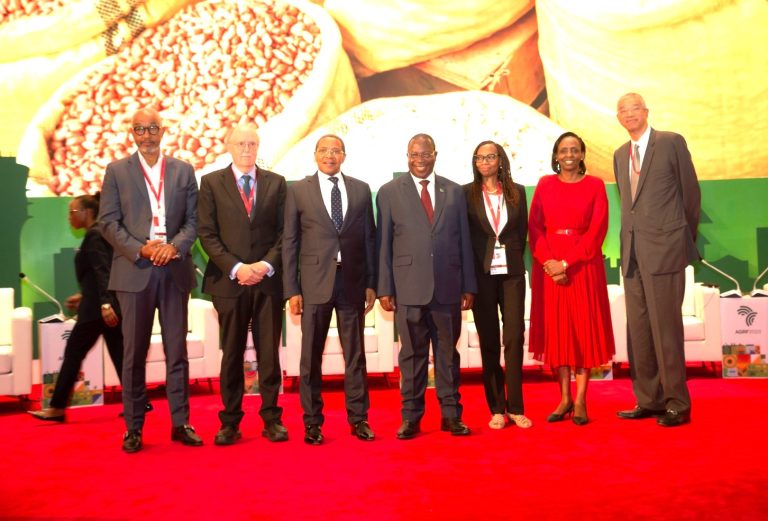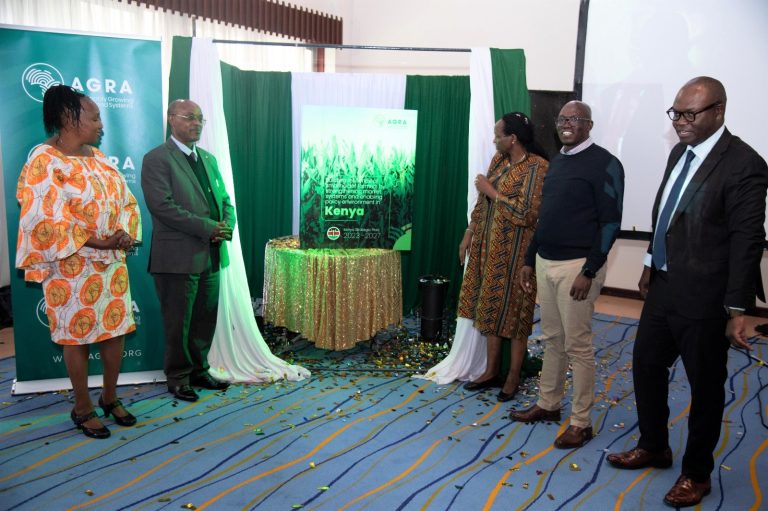By Kimuri Mwangi
The COMESA Competition Commission (CCC) successfully intervened to resolve a maize seed supply crisis that threatened food security in the Kingdom of Eswatini.
The Commission’s action came after the Eswatini government lodged a complaint over the unavailability of white maize seeds, particularly a preferred maize variety known as SC 719, produced by Zambia Seeds (Zamseed).
According to the complaint, Zamseed, the holder of the patent and sole producer of the SC 719 variety, had appointed an exclusive distributor in Eswatini. This arrangement prevented the Eswatini government and other players from purchasing the seeds directly from the Zambian supplier, leading to severe shortages and a looming risk of hunger.
Dr. Willard Mwemba, the Director and Chief Executive Officer of the COMESA Competition Commission, explained that Eswatini’s government had reached a critical point when it approached the Commission for help.
He said, “Eswatini came and said we are supposed to get the maize seed variety called SC 719 from our distributor in Eswatini. Now this distributor has failed to supply us with this seed because they are saying they don’t have enough stock, and if we don’t plant now, it means there’ll be hunger next year because we’ll not have grain, and maize is the staple food of Eswatini.”

Dr. Mwemba recounted how Zamseed, when approached by the Eswatini authorities, insisted that all purchases be made through its local distributor. The supplier declined to sell directly to the Eswatini government, citing the exclusive distribution agreement.
“Now this is hunger, this is food, and we’re dealing with a sovereign government,” Dr. Mwemba said. “The government was being told by the supplier to go back to their distributor, who had no stock. That is an absolute territorial restriction.”
Recognizing the seriousness of the matter, the Commission stepped in to address what it identified as an anti-competitive and restrictive business practice. The CCC noted that preventing a willing buyer, especially a government attempting to avert a food crisis, from purchasing seeds directly from the producer constituted a breach of fair competition principles within the COMESA region.
Dr. Mwemba explained that launching a full-scale investigation and conclusion would have taken years, during which Eswatini could have faced widespread hunger. Instead, the Commission opted for an urgent intervention through advocacy and negotiation, bringing all parties to the table to find a swift resolution.
“Sometimes you engage in what is called advocacy,” he noted. “Because an investigation would need to demonstrate that the distributor and Zamseed are absolutely dominant in that market. But to establish that takes time. The issue here was about averting the risk and danger of food insecurity in Eswatini.”
The Commission convened discussions with Zamseed Zambia, its South African partner Limagrain, and the Eswatini distributor. The CCC warned the companies that they risked being fined as their exclusivity arrangement was anti-competitive and posed a direct threat to food security, urging them to remove restrictive clauses in their distribution agreement.
The intervention yielded immediate results. Zamseed, Limagrain, and the Eswatini distributor agreed to remove the exclusivity clause, opened up distribution to other entities, and supplied the Eswatini government directly with the much-needed maize seeds. They also committed to introducing new seed varieties in the Eswatini market to diversify sources and strengthen future resilience.
To ensure compliance, the companies were required to provide affidavits confirming the removal of the restrictive clauses.
“They agreed to give the seed to the government in Eswatini and even introduce new seed varieties which could be as good or even better than SC 719,” said Dr. Mwemba. “Hunger averted, a competition authority intervened, maize was planted, and we believe Eswatini has even harvested since this is now October.”
The Commission emphasized that its work in this case demonstrated the critical role competition policy can play in supporting agricultural sustainability and food security in the region.
Following the intervention, the maize seed shortage was resolved, a more competitive market environment was established, and Eswatini’s farmers gained access to a wider range of seed options. The CCC has continued to monitor the market to ensure that the improvements are sustained and that no new anti-competitive barriers emerge.
Through this decisive action, the COMESA Competition Commission showcased how competition law enforcement can directly benefit citizens by promoting fair trade, preventing monopolistic control, and ensuring that essential goods like maize seeds remain accessible even when government and private sector mechanisms stall.


